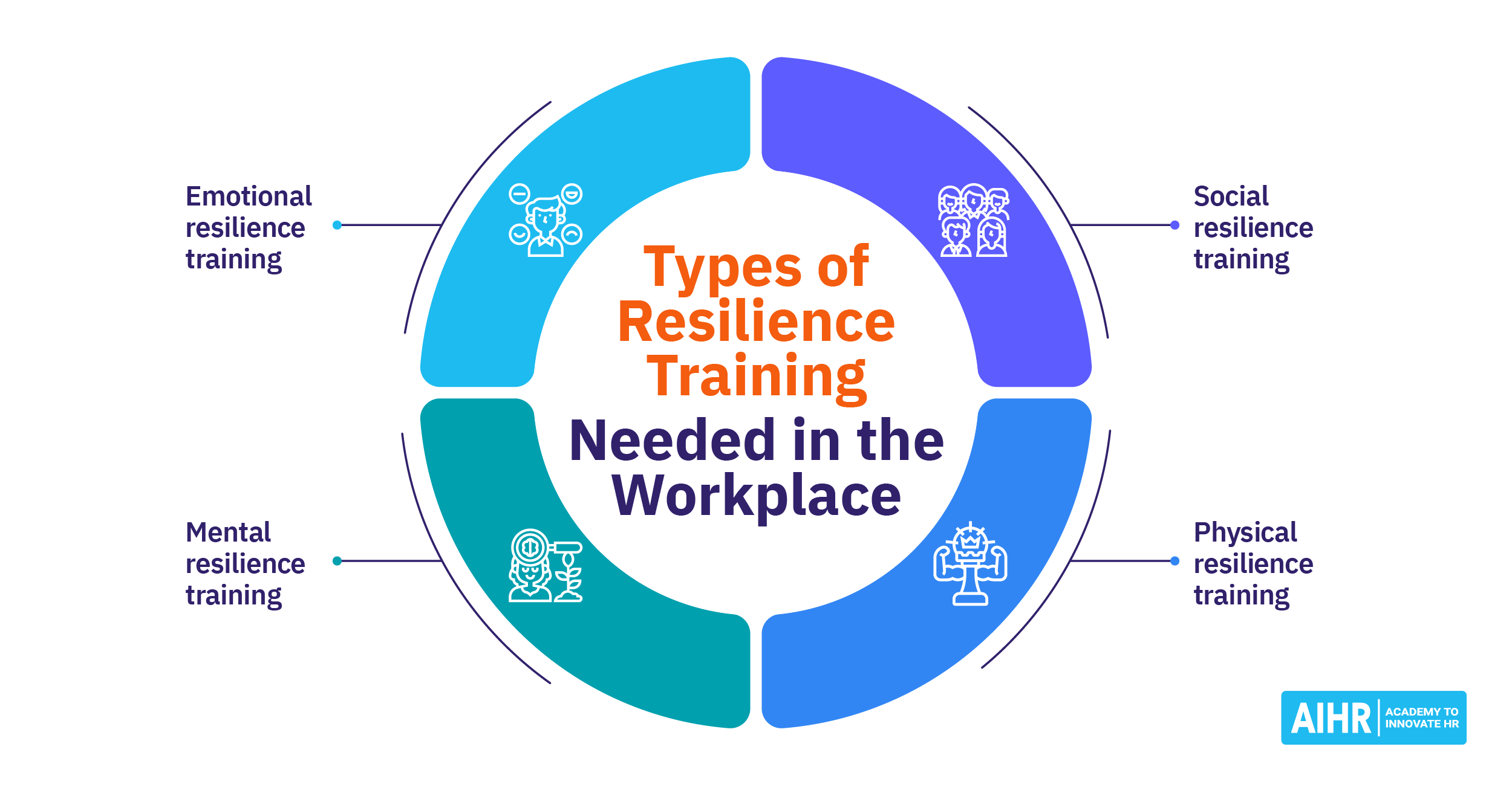Resilience And Mental Health: From Setback To Strength

Table of Contents
Understanding Resilience
Resilience, in the context of mental well-being, is not simply about bouncing back from adversity; it's about adapting, learning, and growing stronger in the face of challenges. It encompasses the ability to maintain a positive outlook, manage stress effectively, and continue pursuing your goals even when faced with significant obstacles. Synonyms for resilience include fortitude, adaptability, and mental toughness – all essential components of a thriving mental state.
Defining Resilience
Resilience is the dynamic process of adapting well in the face of adversity, trauma, tragedy, threats, or significant sources of stress – such as family and relationship problems, serious health problems, or workplace and financial stressors. It means "bouncing back" from difficult experiences. It's about maintaining a sense of hope and purpose, even when things feel overwhelming.
The Role of Mindset
A growth mindset is fundamental to fostering resilience. This involves viewing challenges as opportunities for learning and growth, rather than as insurmountable obstacles. Positive self-talk and reframing negative experiences are crucial tools in cultivating a growth mindset:
- Positive self-talk techniques: Replacing negative thoughts ("I'll never overcome this") with positive affirmations ("I can handle this challenge, one step at a time"). Focusing on strengths and past successes.
- Reframing negative experiences: Instead of dwelling on failures, analyzing what went wrong, learning from mistakes, and focusing on future improvements. Viewing setbacks as temporary and focusing on long-term goals.
Resilience and Mental Health Disorders
It's important to understand that resilience is not a cure-all for mental health disorders. However, it is a powerful coping mechanism that can significantly improve the management of symptoms. Strong resilience can help buffer against the negative impacts of stress and adversity.
- Anxiety: Resilience helps manage anxious thoughts and responses by promoting coping skills and reframing negative thought patterns.
- Depression: Resilience fosters a sense of hope and empowers individuals to actively engage in self-care and problem-solving, combating feelings of helplessness.
- PTSD: Building resilience can help individuals process trauma more effectively, fostering a sense of control and reducing the impact of intrusive memories and flashbacks.
Building Your Resilience
Building resilience is an ongoing process, requiring conscious effort and commitment. It's not a destination, but a journey of continuous growth and adaptation.
Developing Coping Mechanisms
Effective coping mechanisms are crucial for navigating stressful situations. These strategies help manage stress levels and maintain emotional balance.
- Mindfulness: Practicing mindfulness techniques, such as meditation and deep breathing exercises, can help reduce stress and improve self-awareness.
- Physical activity: Regular exercise releases endorphins, reducing stress and improving mood.
- Journaling: Writing down thoughts and feelings can help process emotions and gain perspective.
- Spending time in nature: Connecting with nature has been shown to reduce stress and promote relaxation.
- Seeking social support: Connecting with friends, family, or support groups can provide emotional comfort and practical assistance.
The Importance of Self-Care
Self-care is not selfish; it’s essential for building resilience. Prioritizing your physical and mental health provides the foundation for effectively handling challenges.
- Prioritizing sleep: Aim for 7-9 hours of quality sleep each night.
- Healthy eating: Nourishing your body with a balanced diet fuels both physical and mental energy.
- Setting boundaries: Learning to say “no” to protect your time and energy is crucial.
- Engaging in hobbies: Pursuing activities you enjoy promotes relaxation and reduces stress.
- Seeking professional help: Don't hesitate to reach out to a therapist or counselor for support.
Seeking Support
Therapy can play a vital role in building resilience. Therapists provide a safe space to explore challenges, develop coping mechanisms, and gain new perspectives.
- Cognitive Behavioral Therapy (CBT): Helps identify and change negative thought patterns and behaviors.
- Acceptance and Commitment Therapy (ACT): Focuses on accepting difficult emotions and committing to valued actions.
- Finding mental health professionals: Utilize online resources like Psychology Today or your insurance provider's directory to find qualified therapists in your area.
Recognizing Setbacks as Opportunities for Growth
Resilience isn’t about avoiding setbacks; it’s about learning from them. Viewing challenges as opportunities for growth is a powerful tool for building resilience.
Learning from Mistakes
Every setback offers a valuable lesson. Instead of dwelling on failures, analyze what went wrong, identify areas for improvement, and adjust your approach accordingly.
Developing Problem-Solving Skills
Effective problem-solving involves breaking down complex challenges into manageable steps, exploring different solutions, and evaluating the potential outcomes of each approach.
- Define the problem clearly.
- Brainstorm potential solutions.
- Evaluate the pros and cons of each solution.
- Implement the chosen solution.
- Evaluate the outcome and adjust as needed.
Cultivating Gratitude
Practicing gratitude shifts your focus from what's lacking to what you have. Even during difficult times, focusing on positive aspects of your life can significantly boost resilience.
- Gratitude journaling: Take a few minutes each day to write down things you're grateful for.
- Expressing gratitude to others: Showing appreciation to others strengthens relationships and fosters positive emotions.
Conclusion
Building resilience and mental health is a journey, not a destination. By understanding the meaning of resilience, developing effective coping mechanisms, practicing self-care, and seeking support when needed, you can navigate life's challenges with greater strength and equanimity. Remember that setbacks are inevitable, but your response to them shapes your future. Strengthen your resilience today by incorporating mindfulness techniques into your daily routine, prioritizing self-care, and seeking professional support if needed. Boost your mental health resilience by actively working towards a more positive and adaptable mindset. Develop your resilience for better mental health, and remember that you are stronger than you think. For additional resources and support, explore reputable mental health organizations in your area.

Featured Posts
-
 Chinas Pressure On Philippines Fails Missile System Remains Intact
May 20, 2025
Chinas Pressure On Philippines Fails Missile System Remains Intact
May 20, 2025 -
 Michael Strahan Soaked By Susan Lucci Video Goes Viral
May 20, 2025
Michael Strahan Soaked By Susan Lucci Video Goes Viral
May 20, 2025 -
 Tampoy Anakalyptontas Nea Stoixeia Gia Toys Fonoys
May 20, 2025
Tampoy Anakalyptontas Nea Stoixeia Gia Toys Fonoys
May 20, 2025 -
 Fast Moving Storms And Their Associated High Winds A Comprehensive Guide
May 20, 2025
Fast Moving Storms And Their Associated High Winds A Comprehensive Guide
May 20, 2025 -
 Nyt Mini Daily Puzzle Answers And Clues For May 13 2025
May 20, 2025
Nyt Mini Daily Puzzle Answers And Clues For May 13 2025
May 20, 2025
